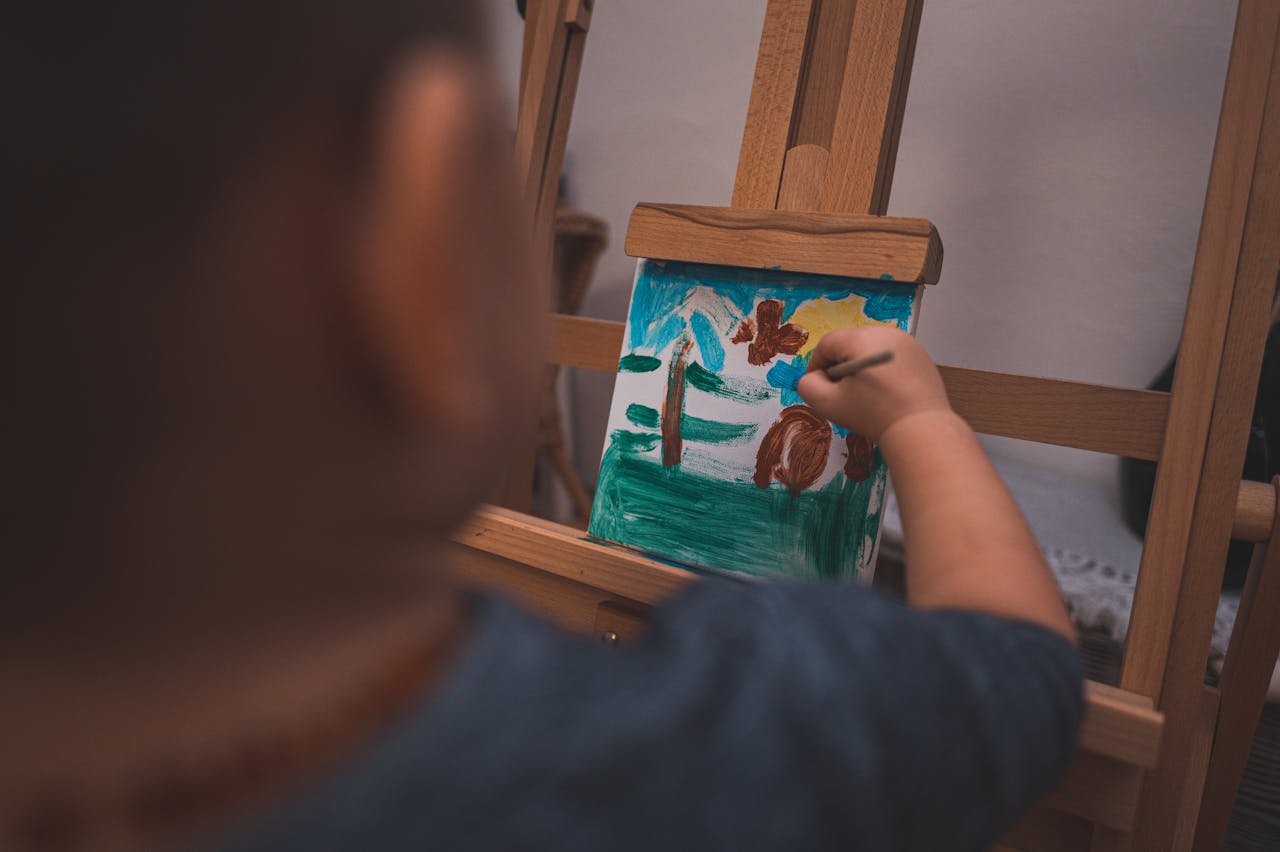In an age where AI can instantly generate flawless content and correct grammatical errors, human creativity remains unparalleled.

As humans, we are able to create, think and feel. No AI, android or replicant can ever create what a unique soul can
In this age of AI writing, I remain entralled with the art of writing. And all this despite we now have AI and technology. These include writing tools that miraculously fix spelling and grammatical errors and ChatGPT, not forgetting technology that instantaneously produces paragraphs of writing.
Humanity Through Fiction and FilmWith all the chatter about the marvels of generative AI and how it advances humankind, I am reminded of the heart-breaking and thought-provoking novel Never Let Me Go. Published in 2005 by the Nobel Prize winner Kazuo Ishiguro, it tells the story of the children in a boarding school, Hailsham Hall. As a daily routine, the teachers (guardians) of Hailsham Hall would ask the children to paint. Their artistic works are then displayed for a visitor to view and judge. Or so the children believe.
The truth is revealed many years later.
As adults, they seek out their old guardians to try to understand what their upbringing was all about. And of course, what creating the artwork meant.
The truth is that the children were clones. Hailsham Hall bred and grew them to become organ donors. Necessity limited their lives to being donors. Their lives are ‘completed’ by their twenties or after their fourth or fifth donation. Meanwhile, some become ‘carers’.
Through art, the guardians of Hailsham thought they might discover if these clones had souls. They believed that by observing the children creating and making works of art, they could determine if they deserved a more humane life.
In the 2012 movie Prometheus, Peter Weyland described David as the closest thing to a son that he never had. David was an android who assisted in the mission to look for the origin of the human species in other worlds. David lacks one thing that sets him apart from the human beings on the mission: a soul.
Humans are blessed with souls. We can create, think independently, analyse, and discern differences and have preferences.
In everyday living, we articulate our varied tastes in speech and writing. While we are in university, we learn how to research and think critically. We also learn to write our thoughts, and reflections, and interpret research findings.
Academics make recommendations in the hope that our scholarly work will have a positive impact on real-life communities near and far. University students hope to hone their thinking skills. They equip themselves with the knowledge and skills to become productive and useful members of society.
Dangers of Leaving Thinking and Expression to Machines
When we allow a machine to think, to reach and summarise, to articulate views and profess theses for us, we are subjugating our superiority to a soulless machine. We are confining our minds instead of developing them. We are restricting our growth instead of expanding it.
What becomes of us humans who allow machines to think for us? Doing so means dispensing the one thing that makes us different from the animals and the machines created and innovated by our species.
Science fiction is not particularly futuristic anymore. The future depicted by authors of a denigrated genre, once seen as Cinderella among literary giants, is becoming a reality. And there are warnings aplenty.
While we might not reach the dystopian world in The Hunger Games, we can learn from the human-machines battler in The Terminator. Or that of Blade Runner‘s replicants fighting for freedom.
Between Technology and Human Creativity
In Introduction to Media Studies, a unit I teach, we learn about Janet Murray. Murray theorists that one day, humans will no longer see technology but instead will be “lost in its make-believe and will care only about the story”.
This reminds me of the prescient Ray Bradbury wrote in The Veldt. In The Veldt, it is revealed that the children’s nursery is a virtual reality room. Through technology, the room realistically forms worlds the children imagine and create.
When told that they would be moving to the country to live more naturally, the children lured their parents into the virtual reality room. Stepping into the veldt, they were devoured by a pride of lions.
But we need not fear technology. If we learn to use it wisely.
In a 3rd year unit, Media and Communications Project B, I have many opportunities to work with students on creative projects. These projects include writing a memoir chapter-book, shooting, and producing short stories, advertising, or public relations campaigns and even a short horror film.
These projects encourage students to be as creative and imaginative as they can be. This includes personal details that no AI writing tools could know of. Although creativity is the main focus, students are guided to identify achievable outcomes and practical timelines. They hone their skills to be future journalists, content creators, or social media experts.
The use of technology and facilities available on campus, off-campus and even in the wild. Each of these projects tells a very human story to a very human audience.
We must never forget that we are able to create, think, and feel. No AI, android or replicant can ever make what a unique soul can.
It is easy to be lazy and to allow AI to do our research and reading for us, to summarise and write for us. But we cannot succumb to this slothful behaviour. Else we will become little more than drones.
In our rush to embrace technology, we must not forget to nourish the very essence that makes us human.
Dr Christina Yin is a Senior Lecturer at the School of Design and Arts, Faculty of Business, Design and Arts. She is contactable at [email protected]

